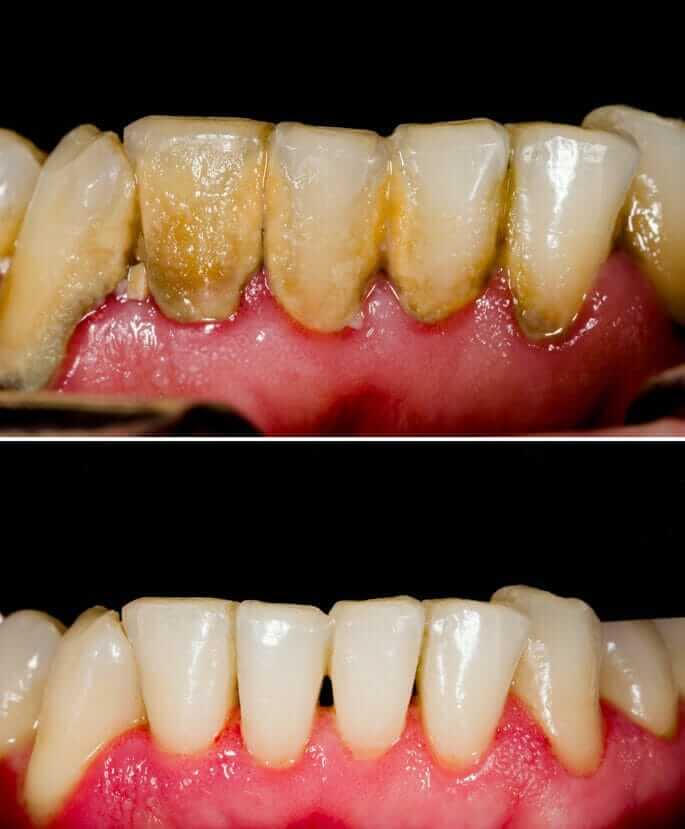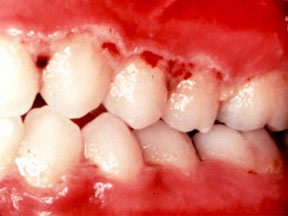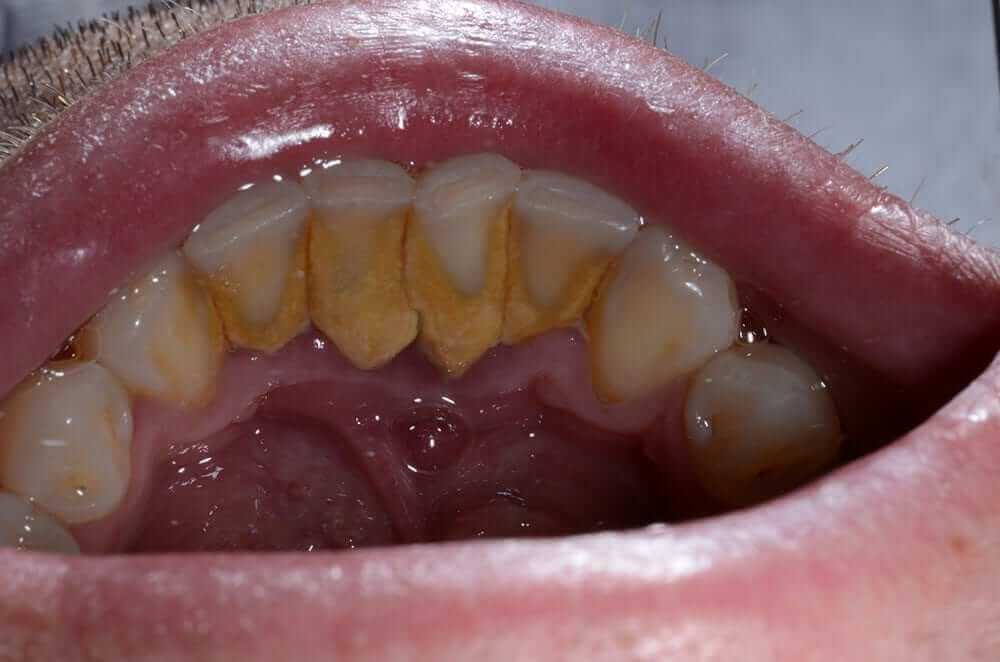The Link between Periodontal Disease and Erectile Dysfunction
Erectile dysfunction, or ED, is the lack of ability to achieve or maintain an erection sufficient for sexual activity. It is a common problem that affects an estimated 18 million men in the United States alone.
While the exact causes of ED are not fully understood, researchers have identified several factors that may contribute to the condition. These include high blood pressure, high cholesterol, obesity, and diabetes. More recently, researchers have begun to explore the potential link between periodontal disease and ED.

In one study, published in the Journal of Sexual Medicine, researchers found that men with periodontal disease were more likely to have ED than those without the disease. The study involved nearly 1,000 men who were evaluated for ED and periodontal disease. The researchers found that men with severe periodontal disease were 3 times more likely to have ED than those without the disease.
Another study, published in the Journal of Periodontology, found similar results. The study involved more than 400 men who were evaluated for periodontal disease and ED. The researchers found that men with periodontal disease were more likely to have ED than those without the disease, and the severity of the periodontal disease was directly correlated with the severity of the ED.
It is not fully understood why periodontal disease may be linked to ED. One theory is that the inflammation caused by the disease may affect the blood vessels, leading to reduced blood flow to the penis. Another theory is that the bacteria associated with periodontal disease may enter the bloodstream and cause inflammation in the blood vessels, leading to ED.
Additional Erectile Dysfunction Study Results
Our dentists came across case other studies regarding the link between erectile dysfunction and poor oral hygiene. Performed by Turkish researchers, data showed that 53% of male patients who have ED had chronic gum disease. This was compared to the 23% of men with erectile dysfunction who did not exhibit periodontal problems.

This study was performed on 82 men free from gum disease and 80 with chronic periodontitis. Please note that the research was limited to men between 30 to 40 years of age to rule out the age factor. Since smoking is another causative factor, the researchers made sure that none of the subjects were smokers.
The researchers went to great lengths to check for links to other factors, like BMI, education status and even household income. Unfortunately, the data gathered supported the link between erectile dysfunction and chronic gum disease.
Another study by the Center for Disease Control shows that out of all Americans aged 30 and above, 50% of the population has some form of gum disease and 56% of them are men. This is something that should alarm people because we live in one of the most prosperous nations in the world.
Start Brushing and Flossing
How does a man keep his significant other happy? Scientific studies show he should start with brushing his teeth and flossing regularly. According to The Journal of Sexual Medicine, men who suffer from ED are three times more likely to exhibit gum disease, in comparison to men who don’t have ED.

Erectile Dysfunction and Gum Disease
How is ED and Gum Disease Related?
Dr. Phillipe and Dr. Hauser tell patients while the mouth and reproductive organs are far apart, they are linked by the blood supply. Inflammation is part of our body’s response to pathogens. Thus, a person with gum disease should have the problem treated as soon as possible.
One of the first signs of gum disease is bleeding gingival tissue. The onset of bacteria will trigger swelling as the immune cells act upon the foreign bodies trying to destroy them. However, some bacteria will be able to gain entry to the bloodstream and destroy blood vessels.
Erectile dysfunction is caused by impaired blood circulation in the penis. Therefore, gum disease can most definitely be linked to this condition, especially in older individuals.
Prevention Is the Key
Dr. Phillipe and Dr. Hauser state one of the best ways to prevent periodontal disease is to prioritize their oral health. This means visiting the dentist at least twice a year, brushing twice daily and flossing at the same time.

Gum discoloration, pain, bleeding, and inflammation are telltale signs of gum disease. This should be treated right away to prevent a range of systemic conditions, including ED.
Our experienced dentists tell patients to schedule an appointment right away if they notice any signs of gum disease.
Erectile dysfunction is preventable if you want to take better care of your health.
If you would like to know more about maintaining perfect gum health, schedule an appointment with our dentists at Lakefront Family Dentistry. You can call (951) 244-9495 or request and appointment on our website anytime.
What is Periodontal Disease?
Periodontal disease is an infection of the gums and surrounding tissue that supports the teeth. It is caused by bacteria that form plaque, a sticky film that adheres to the teeth and gums. It must be removed through regular brushing and daily flossing, or plaque will be able to harden into tartar, which can only be removed by a dentist or dental hygienist.
Symptoms of periodontal disease include red, swollen, or tender gums; bleeding gums; and bad breath. As the disease progresses, the gums may begin to recede, exposing the roots of the teeth and making them susceptible to decay. In advanced stages, teeth may become loose or fall out, and the infection can spread to other parts of the body.

Periodontal disease, also known as gum disease, is a condition in which the gums and surrounding tissue become inflamed. If left untreated, it can lead to tooth loss and other serious health problems. In recent years, researchers have begun to explore the link between periodontal disease and erectile dysfunction.
Periodontal disease is common, affecting up to half of all adults in the United States. It is more common in people who smoke, have diabetes, or have a family history of the disease.
Erectile dysfunction is when a man is unable to achieve or maintain an erection sufficient for sexual activity. It is often associated with other health conditions, such as heart disease, diabetes, and high blood pressure.
Recent studies have shown that there may be a link between periodontal disease and erectile dysfunction. The inflammation and damage caused by gum disease may affect the blood vessels and circulation in the body, including those in the penis. This can lead to reduced blood flow and difficulty achieving or maintaining an erection.
Therefore, maintaining good oral hygiene and treating this disease can help prevent or reduce the risk of developing erectile dysfunction. Regular visits to the dentist and proper oral care can help keep the gums healthy and prevent the development of gum disease.

How to Prevent and Treat Periodontal Disease
The best way to prevent periodontal disease is to practice good oral hygiene, including brushing your teeth twice a day with a fluoride toothpaste and flossing daily. Regular dental checkups and teeth cleanings are also important, as they can help remove plaque and tartar that can lead to the disease.
If you have periodontal disease, it is important to seek treatment from a dentist or periodontist. Treatment options may include deep cleaning, scaling, and root planing to remove plaque and tartar from below the gum line. In severe cases, surgery may be necessary to remove infected tissue and repair damage.
Call Lakefront Family Dentistry in Lake Elsinore, California, at (951) 244-9495 to schedule your appointment with our dentists and registered dental hygienists and keep your oral health in tip-top-shape.





